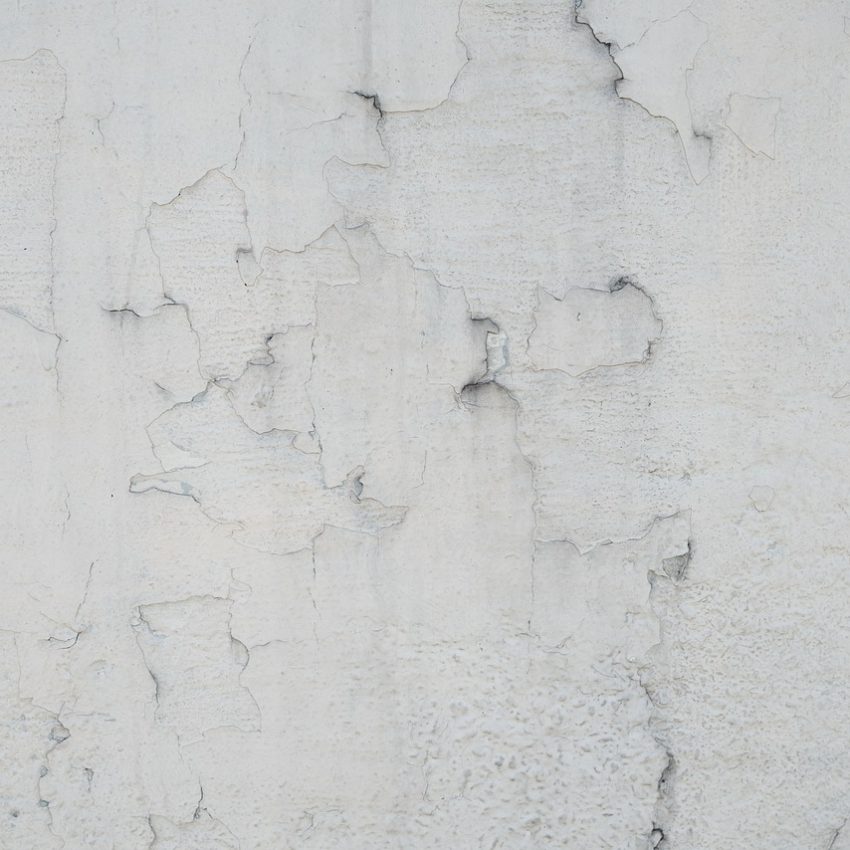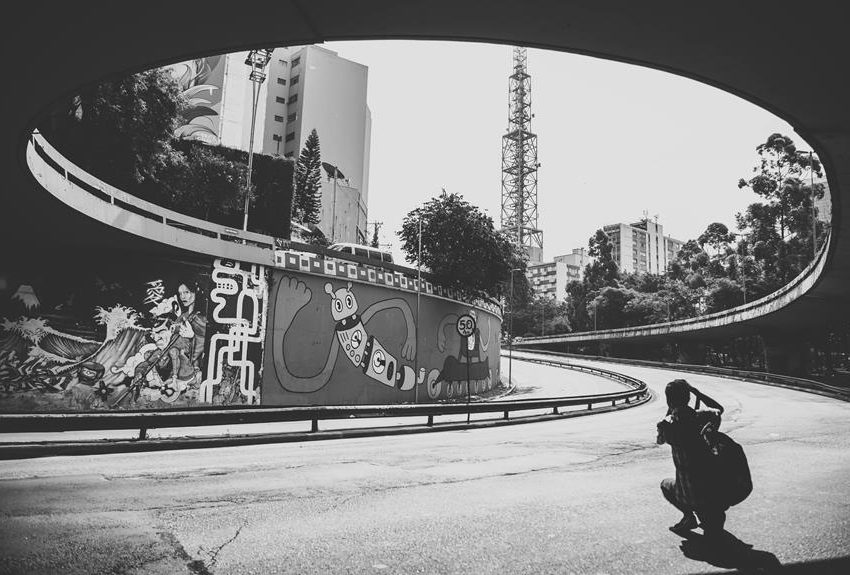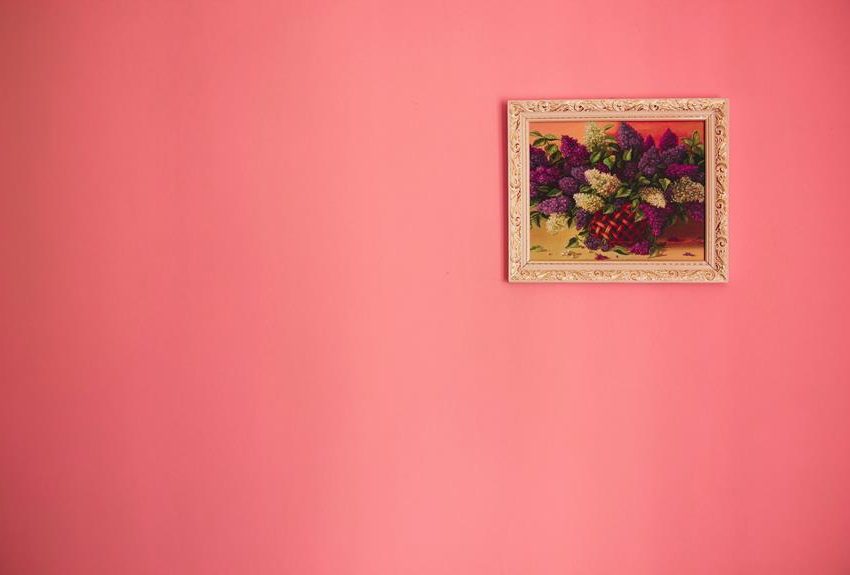German Climate Activists
Throw Mashed Potatoes on Monet Painting in Germany
German climate protesters, affiliated with the environmentalist group Letzte Generation (German for Last Generation), made a bold statement at Potsdam’s Museum Barberini in Brandenburg, Germany, about 20 miles southeast of Berlin.
They targeted Claude Monet’s iconic 1890 painting “Meules” by hurling mashed potatoes at it before gluing themselves to the frame, symbolising the urgency to fight over food security and climate change.
A statement that in the face of climate catastrophe, traditional forms of protest are evolving. Donning orange high-visibility vests, they not only splattered the artwork but also affixed themselves to the wall below it.
Letzte Generation & The fight over food
In an online statement, the museum assured that the painting had undergone immediate conservation examination and had not incurred any damage. It further announced that the work would return to display in the galleries on October 26th.
Ortrud Westheider, the museum’s director, expressed shock at the activists’ methods, stating, “While I appreciate the urgency of their concerns regarding the climate crisis, I am dismayed by the tactics they employ to emphasize their demands.”
Identified only as Mirjam and Benjamin, the two activists were promptly apprehended and detained following the incident, according to a tweet from Letzte Generation, their actions igniting a global conversation on the role of art in the climate catastrophe discourse.
Their act was accompanied by a poignant remark regarding the urgency of climate change, questioning society’s priorities amidst looming environmental crises, and whether the painting is not going in front of the real issues.
One of the activists said, according to the Guardian. “We are in a climate catastrophe and all you are afraid of is tomato soup or mashed potatoes on a painting,”… “You know what I’m afraid of? I’m afraid because science tells us that we won’t be able to feed our families in 2050.”
However, the stunt drew criticism from art experts, including renowned Dutch art investigator Arthur Brand, who questioned its efficacy in addressing climate issues, posing the challenge of finding more impactful ways of using painting to make you listen.
Art targeted by climate activists
This incident is part of a trend where artworks become the focal point of climate activism, drawing attention to the dire situation through the shock of mashed potato on a painting or tomato soup splashes.
Previously, similar acts occurred in London’s National Gallery and the Uffizi Gallery in Florence, among others, raising questions about the appropriateness of such methods in advocating for environmental change.
In a poignant statement captured by Letzte Generation, one activist questioned society’s response to the climate crisis, juxtaposing it with the triviality of concerns over tomato soup, saying, this remark was made in reference to a recent incident in London where activists targeted a Vincent Van Gogh painting with a can of tomato soup.
The activist highlighted the urgency of the climate situation, suggesting that it shouldn’t take unconventional actions like throwing mashed potatoes at a painting to garner attention, hinting that society needs to prioritize being able to feed our families over maintaining fossil fuel dependencies.
However, Arthur Brand, a prominent Dutch art crime investigator, criticized such actions, emphasizing that there are more effective ways to raise awareness about climate issues than defacing artworks in public museums.
The value of Monet’s painting “Meules” underscores its significance in the art world, having fetched a staggering $110.7 million at auction.
It has been displayed at the Museum Barberini since September 2020, reportedly purchased by German billionaire Hasso Plattner, situating this Claude Monet masterpiece firmly within the global discussion on protecting art in the era of climate activism.
This incident is part of a trend where artworks become the focus of climate activism, with protesters choosing significant cultural venues like Museum Barberini to make their point, as the museum said.
Recent instances include attacks on Van Gogh’s “Sunflowers” in London and Botticelli’s “Primavera” in Florence, as well as the disruption of da Vinci’s “Mona Lisa” in Paris. While no artworks have been reported damaged, some frames suffered minor harm during these protests at Museum Barberini in Potsdam, according to museum reports.
Conclusion
In conclusion, German climate activists threw mashed potatoes at a Claude Monet painting in Germany to protest fossil fuel extraction, drawing attention to the urgent need to address climate catastrophe.
Despite the unconventional protest with mashed potatoes, the painting was not damaged, reminding society that the fossil fuel course is killing us, the group said in a statement by the protesters.
This act, along with similar protests targeting famous works of art like Van Gogh’s paintings, underscores the desperate plea for action to stop oil and confront climate change directly, as the group just stop oil emphasised.
If it takes a painting to finally start to listen, then let mashed potatoes at Monet serve as a stark reminder of the challenges we face in being able to feed our families in a climate-compromised world.





